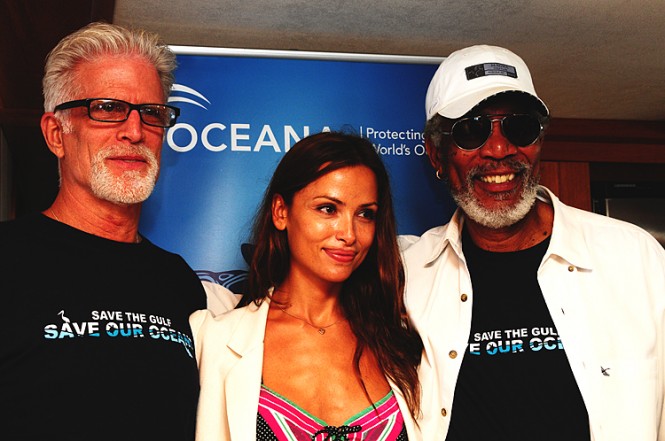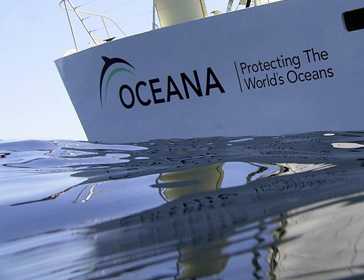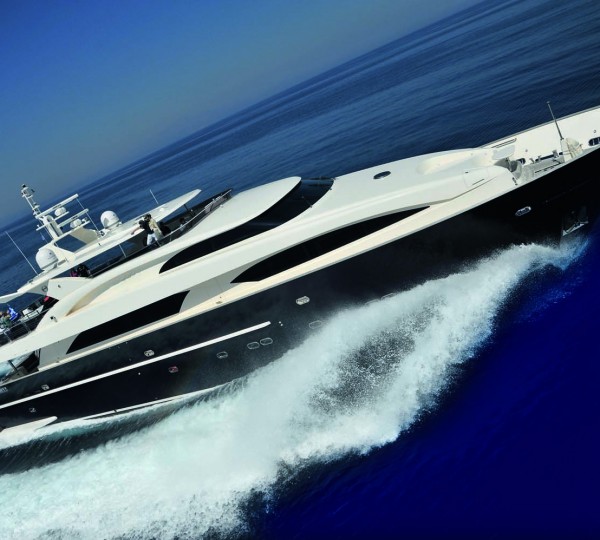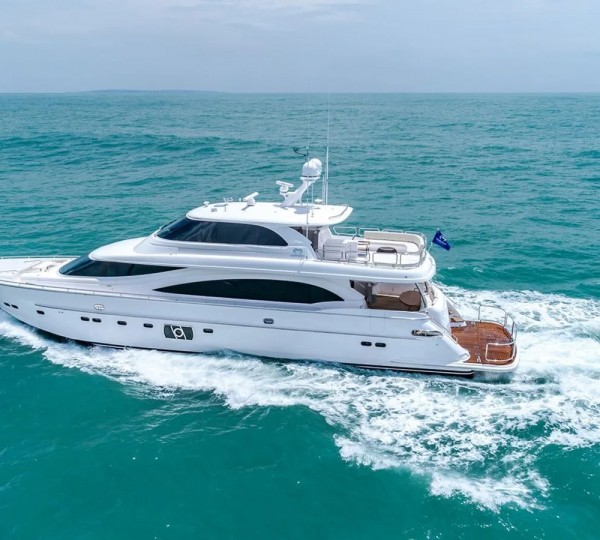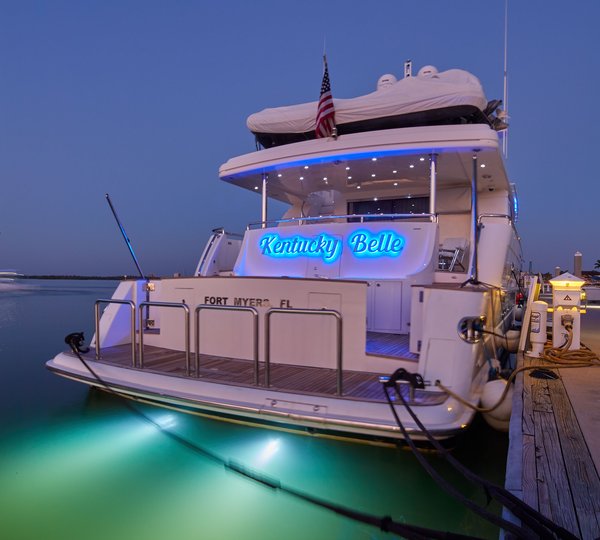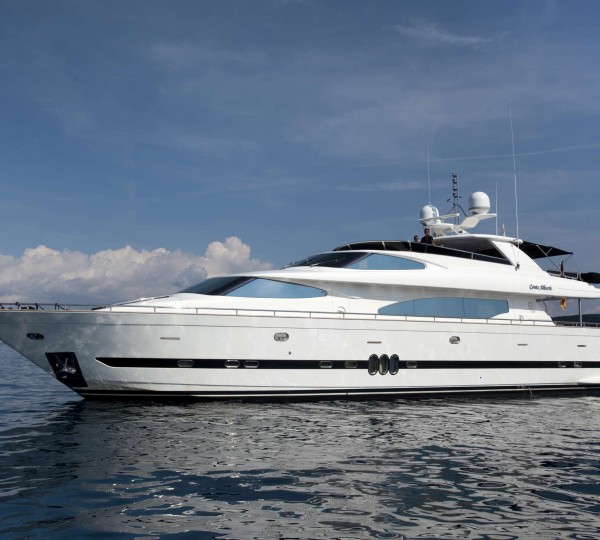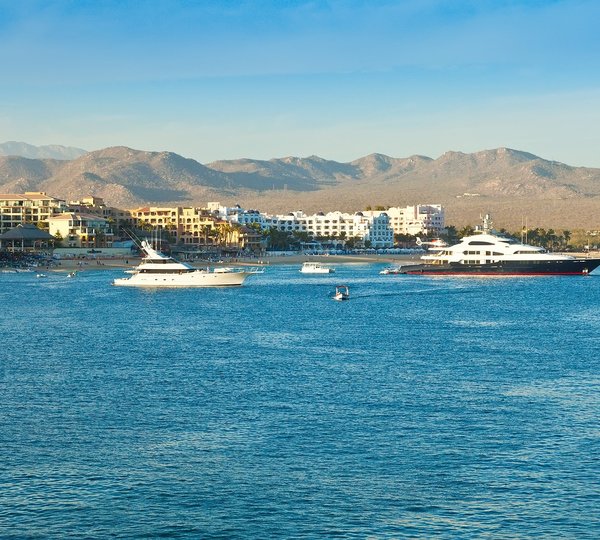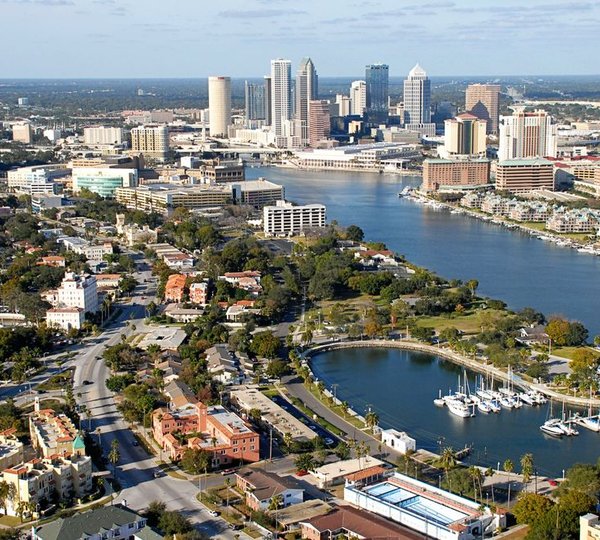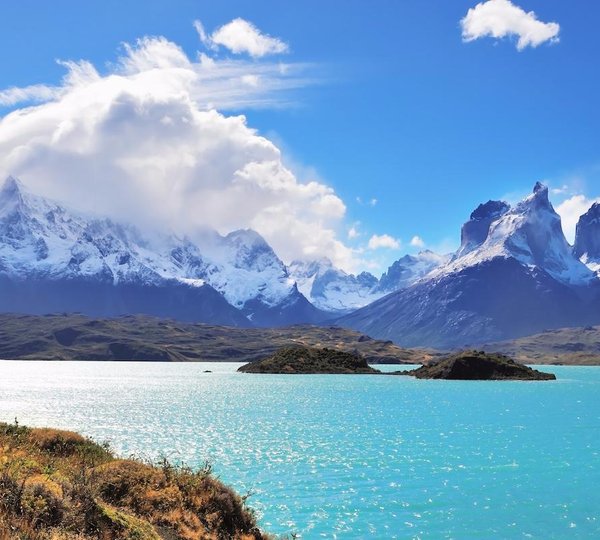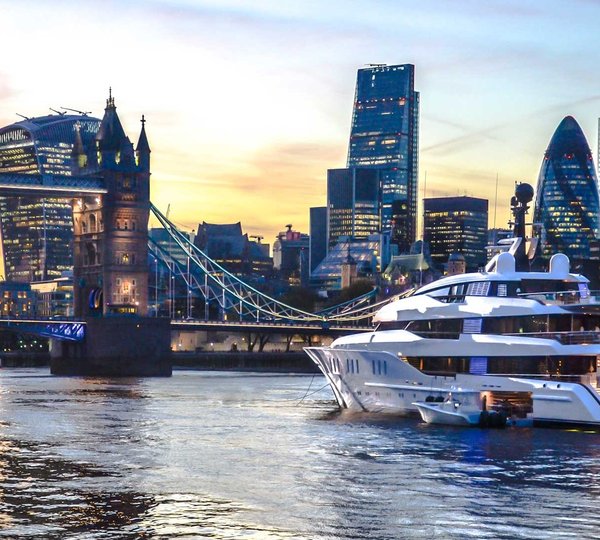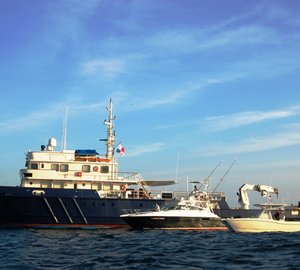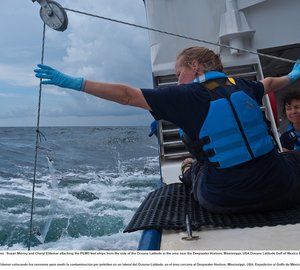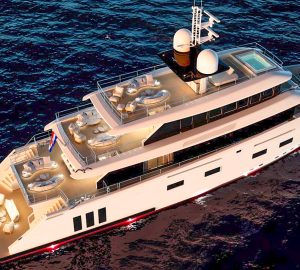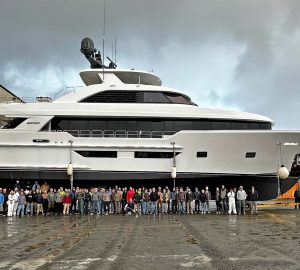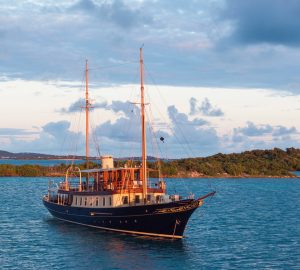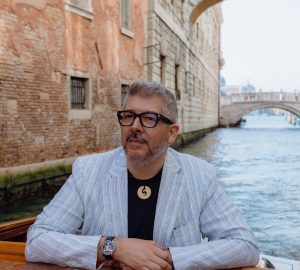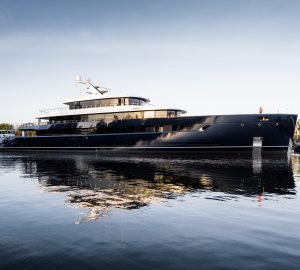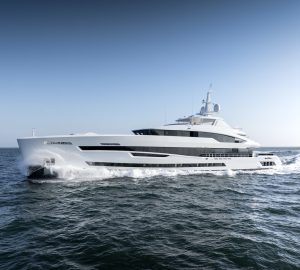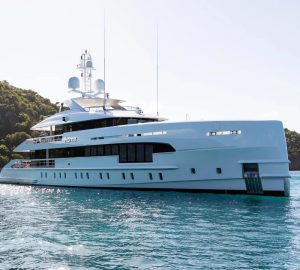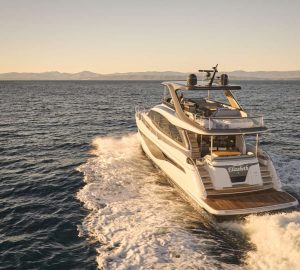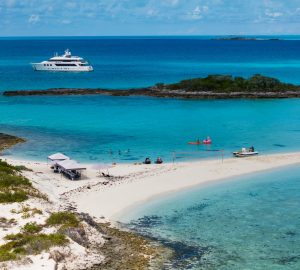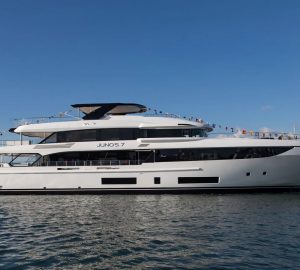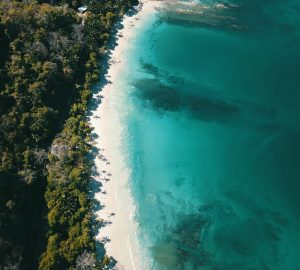Oceana, celebrity activists including Morgan Freeman and Ted Danson, together with their corporate partner Nautica have met yesterday in Mississippi to give an update on the first part of the two month research expedition in the Gulf of Mexico. The meeting also talked about their deepwater oil exploration efforts near the Deepwater Horizon wellhead.
Oceana talked about its efforts to document vulnerable habitats from the Florida Keys to Panama City at risk from future oil spills, including the results of its project to tag whale sharks, a species at risk from Gulf oil disaster. The news conference was held aboard of the Oceana Latitude Vessel, which will spend the next few months researching BP oil gusher’s effects on marine habitats.
According to Xavier Pastor, the Executive Director of Oceana Europe who is leading the expedition, reports stating that the oil in the Gulf of Mexico has disappeared have been grossly exaggerated to mislead the public about the severity of the situation.
In fact, since Oceana’s expedition began earlier this month, two new scientific studies have shown that:
1) nearly 80 percent of the estimated 200 million gallons of oil that has spewed into the Gulf since the explosion is still present
2) oil from the Deepwater Horizon oil disaster has been found on the sea floor.
This next leg of the expedition will concentrate on using state-of-the-art sensors to plot any underwater oil plumes near the Deepwater Horizon well, including the utilization of ROV to investigate the area known as The Pinnacles of the coast of Alabama.
The research expedition is taking place aboard the Oceana Latitude vessel, a 170 foot ship adapted to serve as a research and diving platform. The expedition employs specialized divers, underwater photographers and videographers as well as ROVs to analyze the magnitude of the oil spill and its effect on sensitive habitats and marine species.
Oceana’s experts and scientific collaborators are tagging several shark species to monitor their migration patterns and study their ability to avoid oil contaminated areas, in addition to taking samples of fish larvae, plankton and adult fish. Oceana’s scientists from both sides of the Atlantic are also collaborating with the National Aquarium and several universities, including the University of Miami.
It has been stated by the attendance, including Ted Danson, who is on Oceana’s board of directors, Morgan Freeman, an Oceana supporter and others, that the offshore drilling puts Gulf’s many vital, pristine marine habitats in harm’s way.
“The risks of new offshore oil drilling are just too high, ” Danson stated.
Morgan Freeman expressed his opinion by saying the gusher was a result of too many risks taken to reach the oil in the well, which was about 5,000 feet below the surface.
“I know that what happened here is just a result of speed and greed,” said Freeman.
Gov. Haley Barbour showed his concerns, that a moratorium on offshore drilling would terminate many Gulf Coast jobs, however Ted Danson expressed his believes in replacing the lost jobs if the government would place more emphasis on producing clean and renewable energy technologies on the Gulf Coast, as told to Sun Herald.
Ted Danson also expressed his gratitude to those supporting Oceana expedition, as well as his sympathy to those affected by the disaster.
“Our heart goes out to everybody in this region – Mississippi and the Gulf – who have the Gulf in their blood and whose livelihoods have been interrupted because of the spill,” Danson said.
“We don’t take being here in your backyard lightly. Thank you.”

